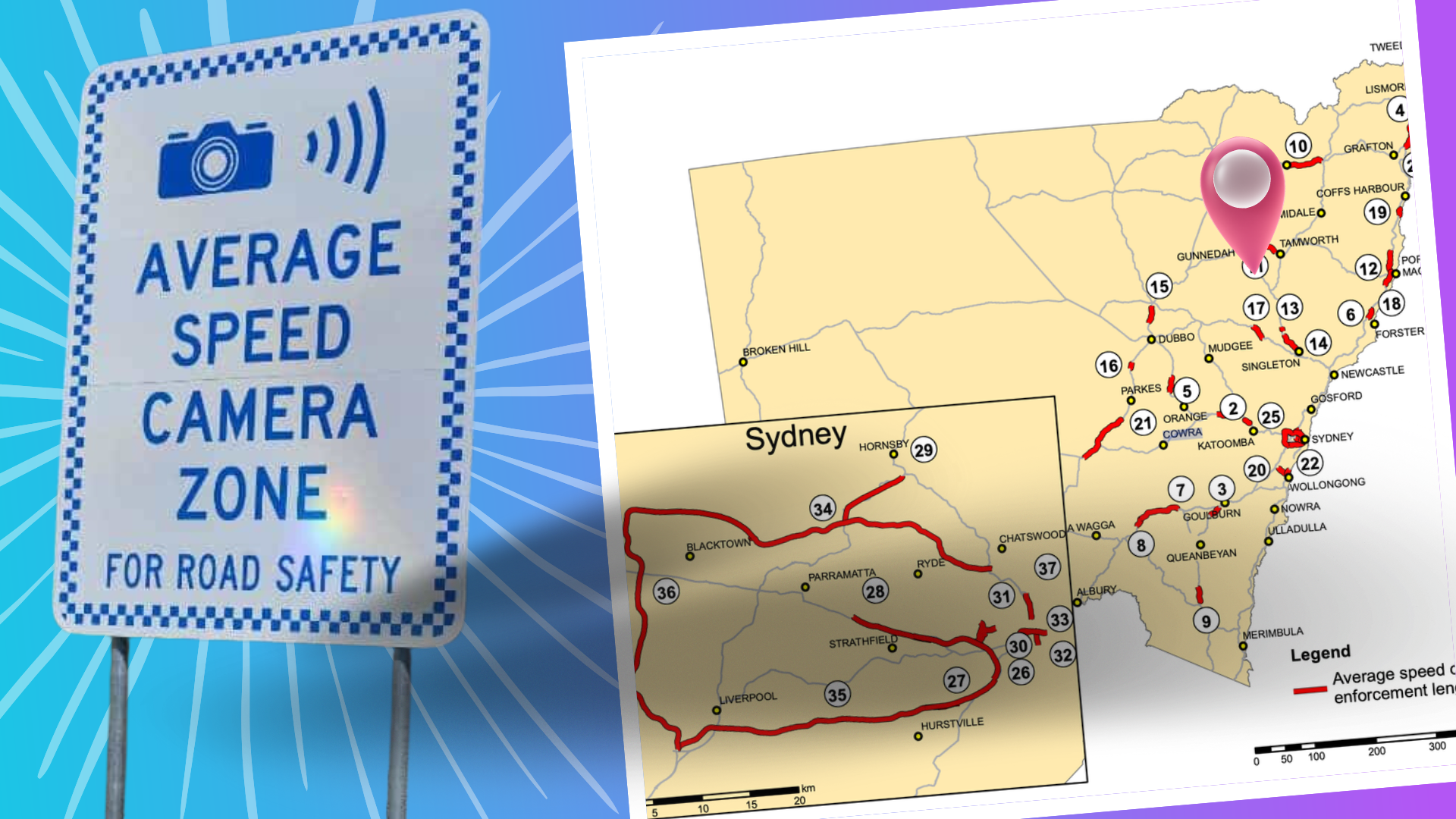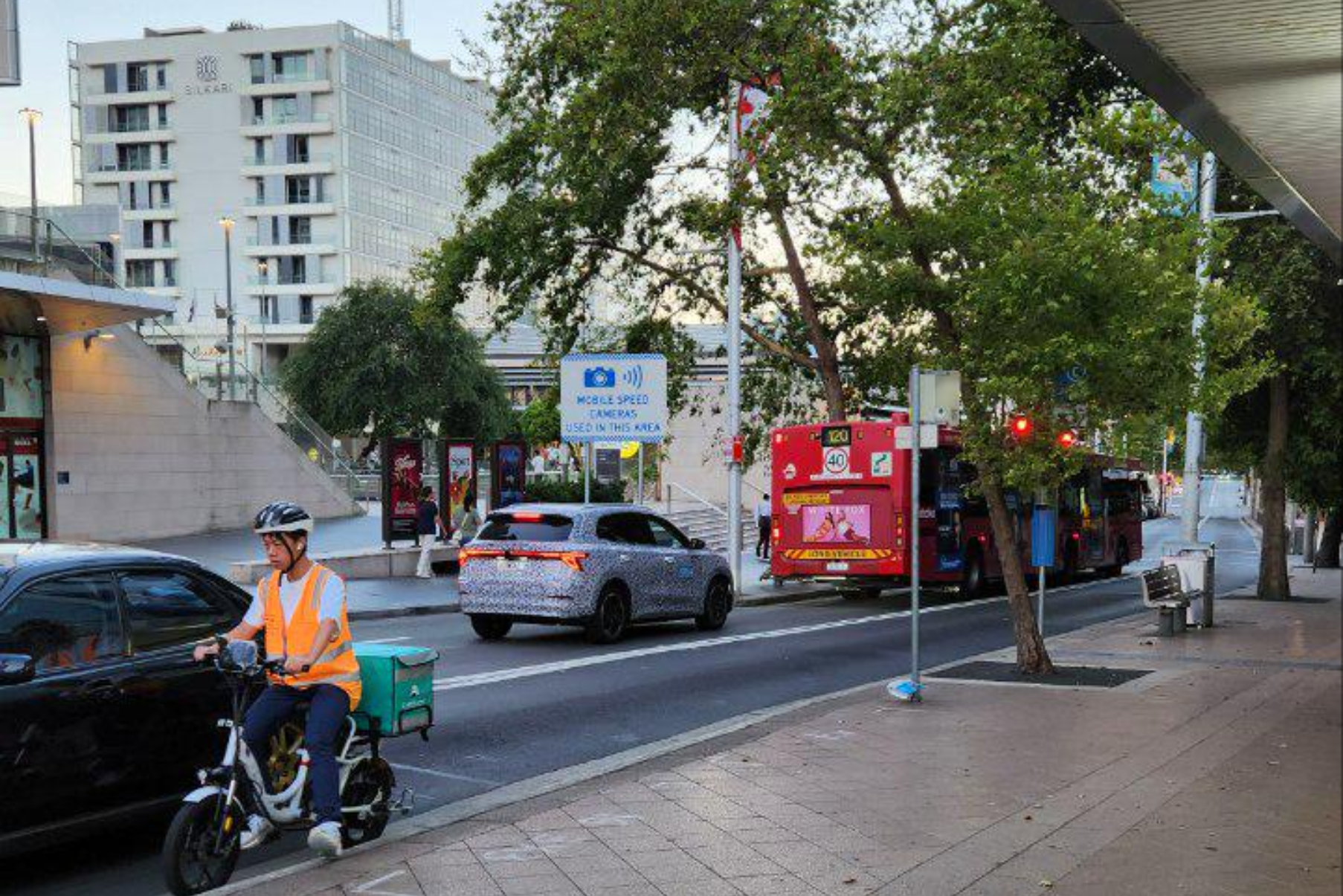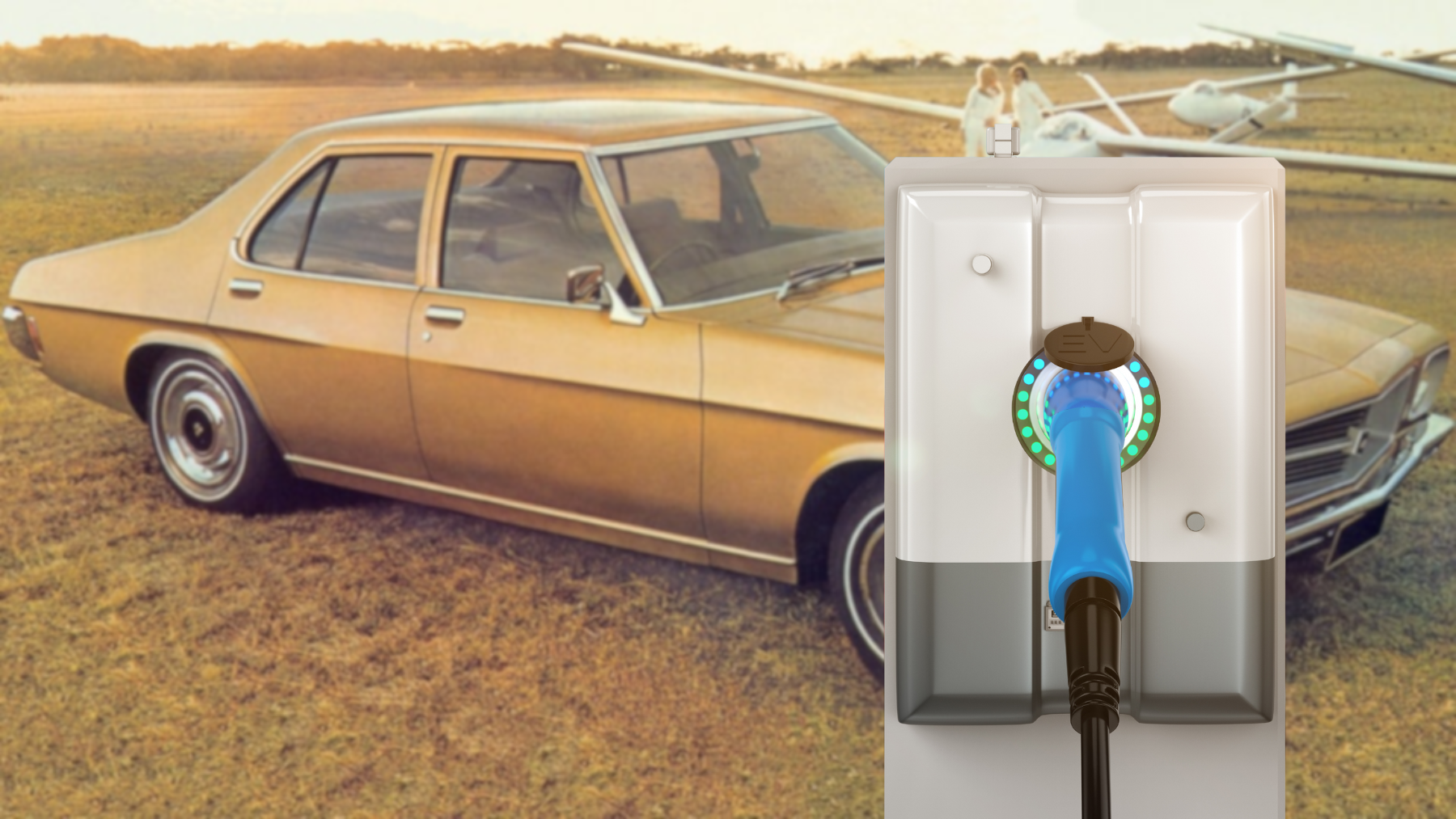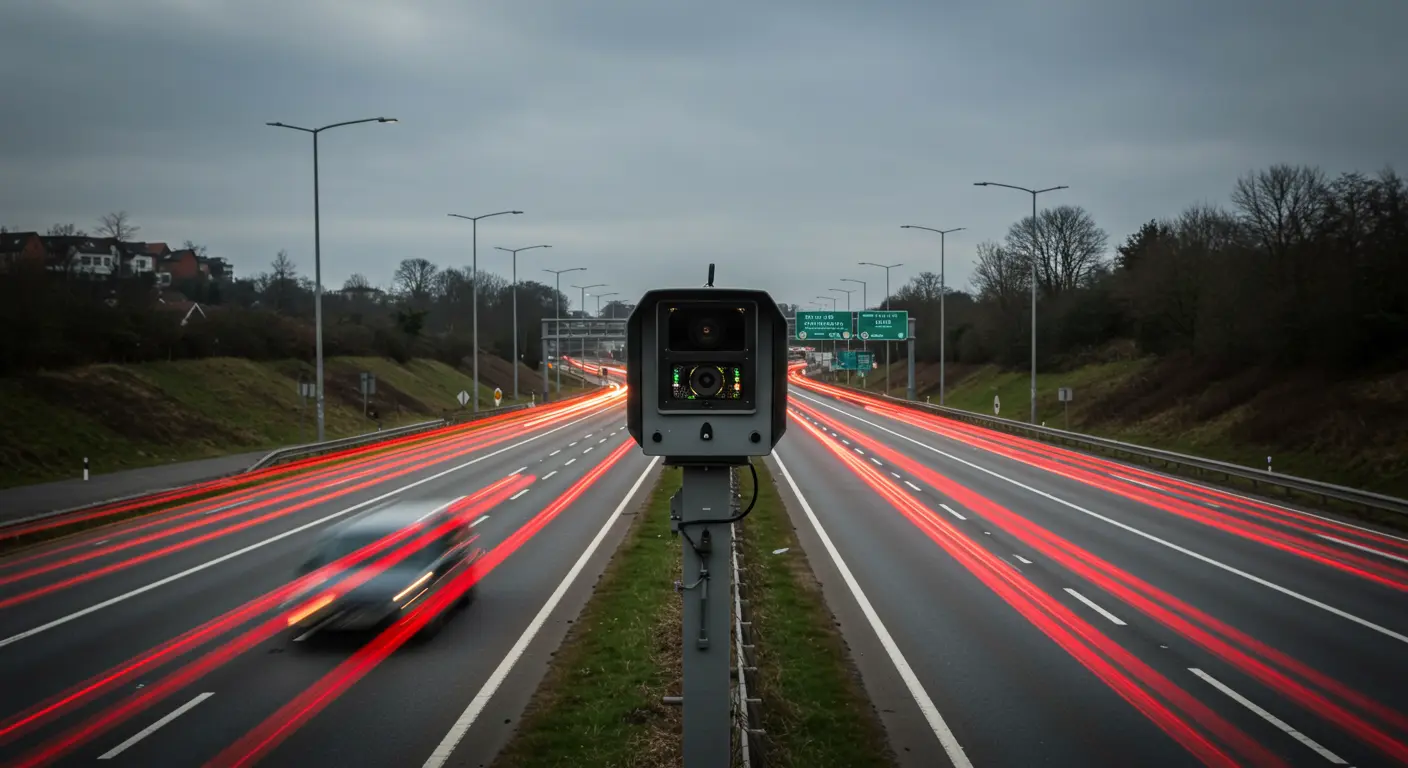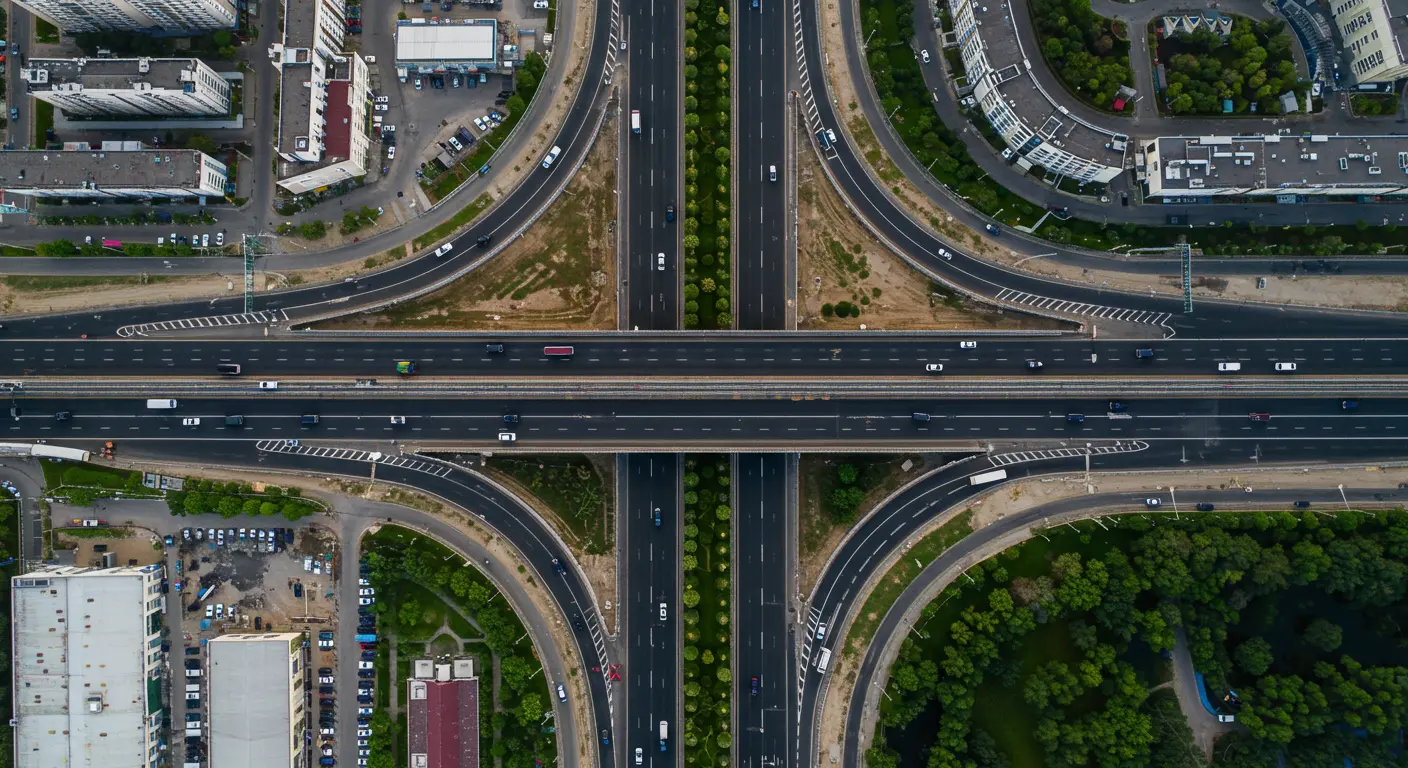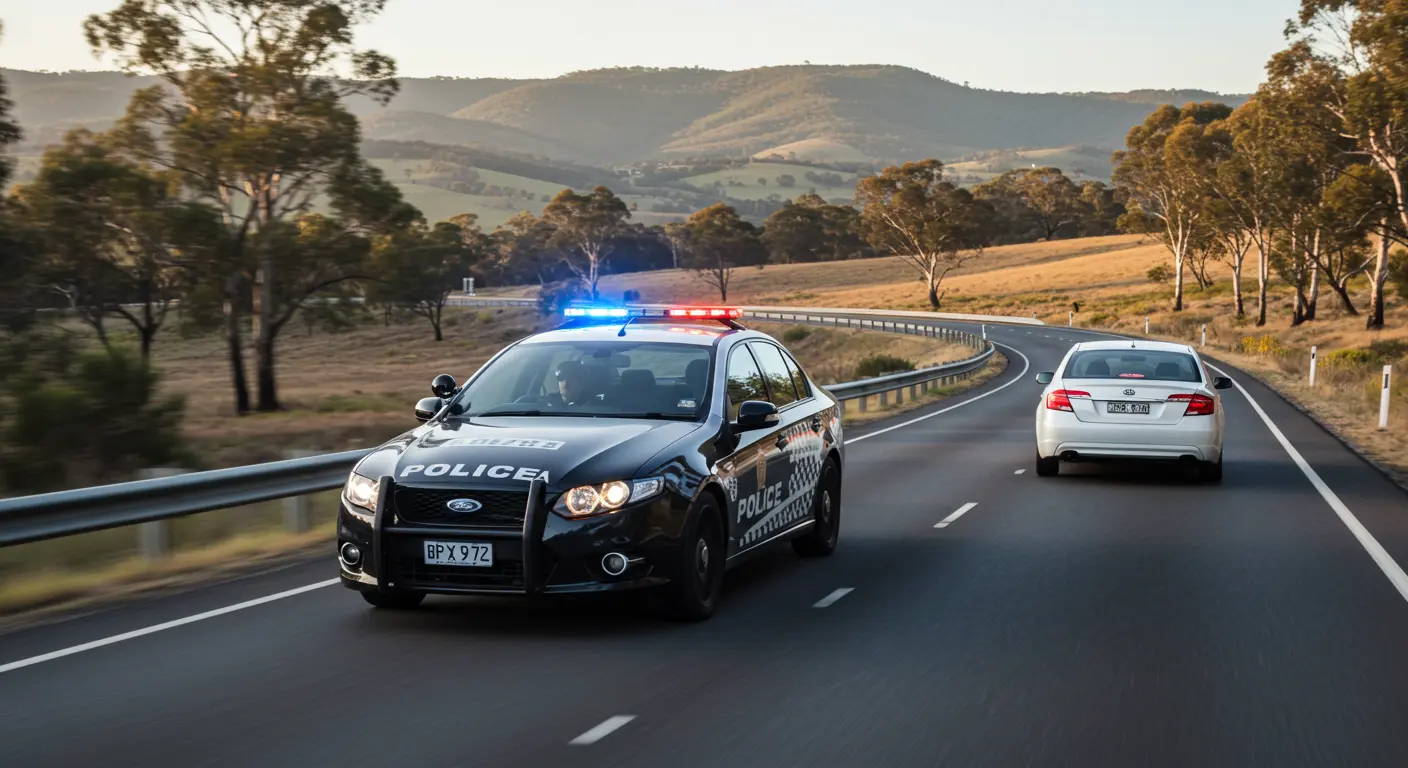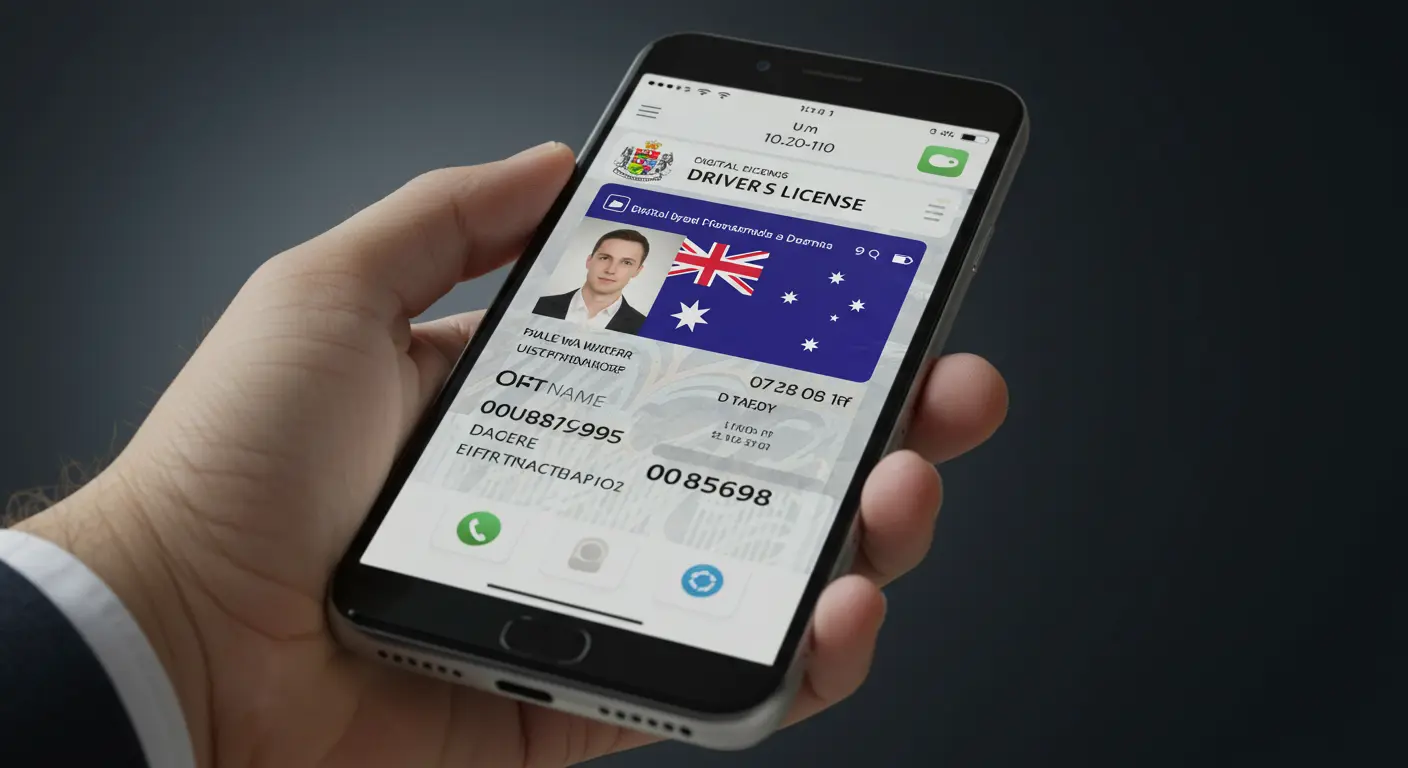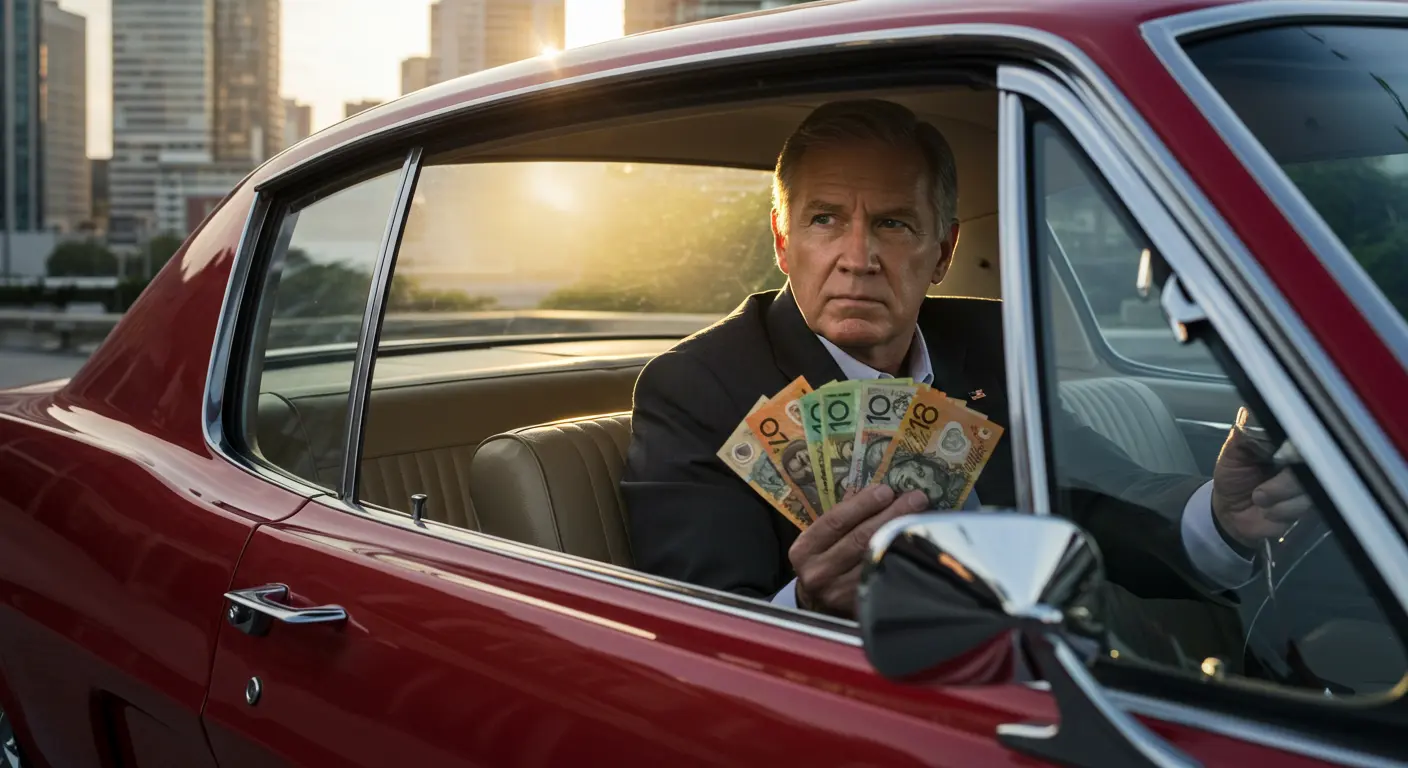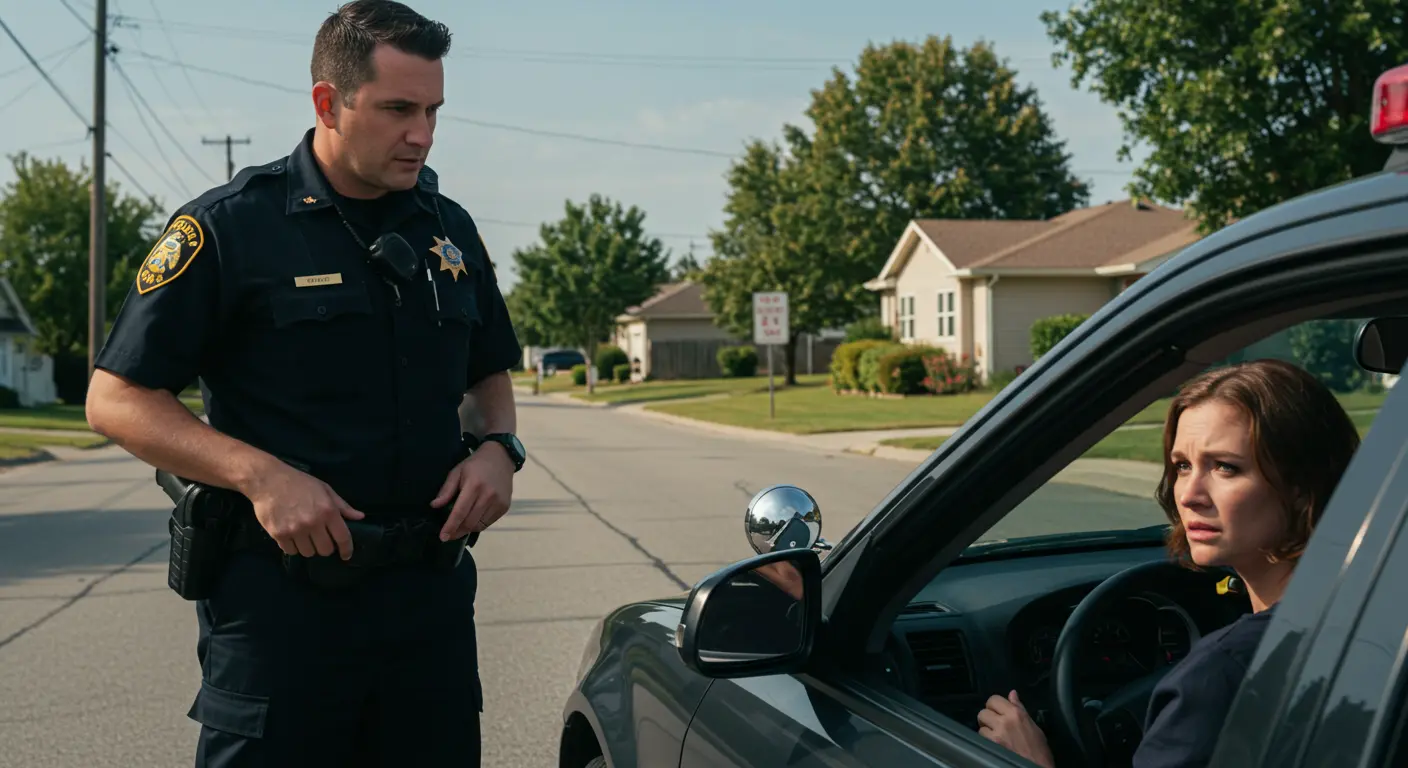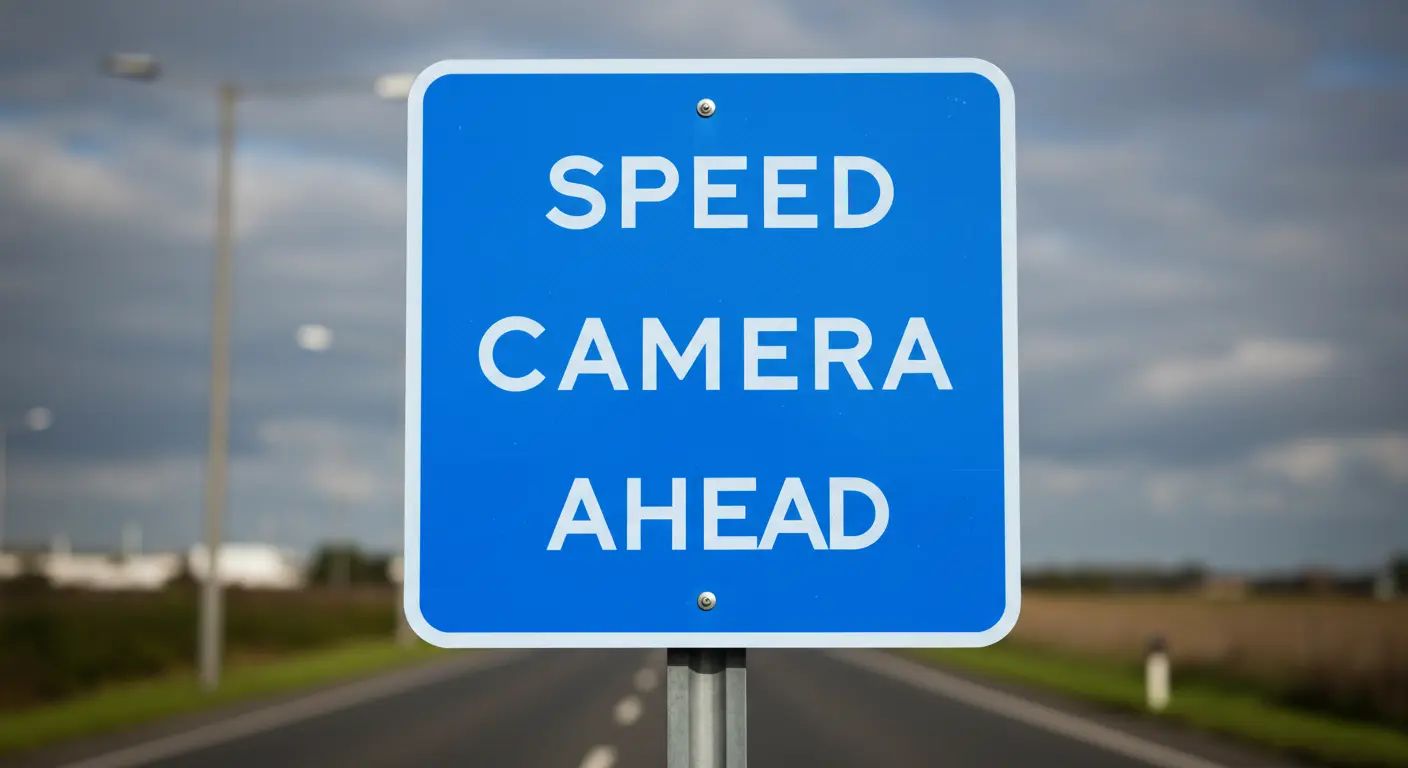In a nation where Holden's legacy runs deep, a new trend is emerging: the conversion of classic Australian muscle cars into electric vehicles.
While social media showcases the end results, few discuss the real financial implications and technical challenges of these conversions. This comprehensive analysis reveals the true costs, challenges, and market impact of EV-converted Holdens in Australia.
Key Market Insights
Recent data from the Australian Automotive Aftermarket Association (AAAA) indicates a 156% increase in classic car EV conversion inquiries since 2022. The trend is particularly strong in Victoria and New South Wales, where specialized workshops report waitlists extending up to 18 months.
Average Conversion Costs Breakdown
| Component | Cost Range (AUD) |
|---|---|
| Electric Motor | $12,000 - $25,000 |
| Battery Pack | $15,000 - $35,000 |
| Controller System | $5,000 - $8,000 |
| Labor | $20,000 - $30,000 |
| Auxiliary Systems | $5,000 - $10,000 |
| Engineering Certification | $3,000 - $5,000 |
| Total Investment | $60,000 - $113,000 |
Technical Considerations
Weight Distribution Challenges
- Original Holden V8 engine: approximately 220kg
- Equivalent power EV system: 280-320kg
- Required chassis reinforcement adds 40-60kg
- Battery placement critically affects handling characteristics
Performance Comparisons
Modern EV conversions of classic Holdens typically achieve:
- 0-100 km/h: 4.5-6.0 seconds (compared to 6.0-7.5 seconds original)
- Range: 250-400km depending on battery configuration
- Peak power: 250-400kW (335-536hp)
- Instant torque delivery: 600-800Nm
Legal Framework
Registration Requirements by State
- Victoria: VASS certification mandatory
- NSW: VSCCS inspection required
- Queensland: Licensed Mechanical Engineer certification
- South Australia: RAA inspection plus engineering certification
- Western Australia: Vehicle examination by DoT
Insurance Considerations
- Specialized classic car insurers now offering EV conversion coverage
- Average premium increase: 30-45% over conventional classic car policies
- Limited options for agreed value policies
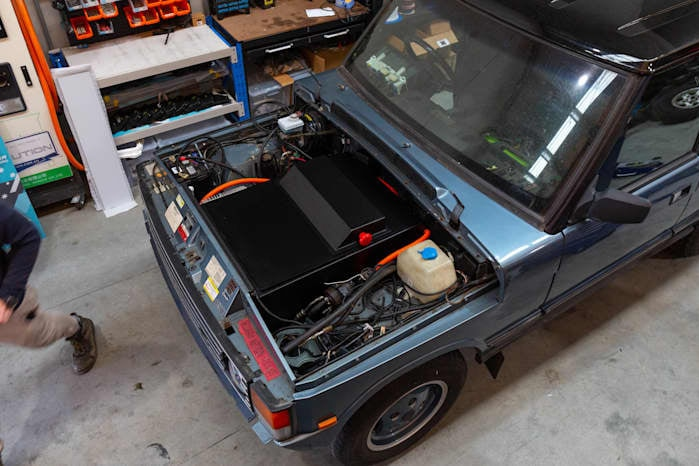
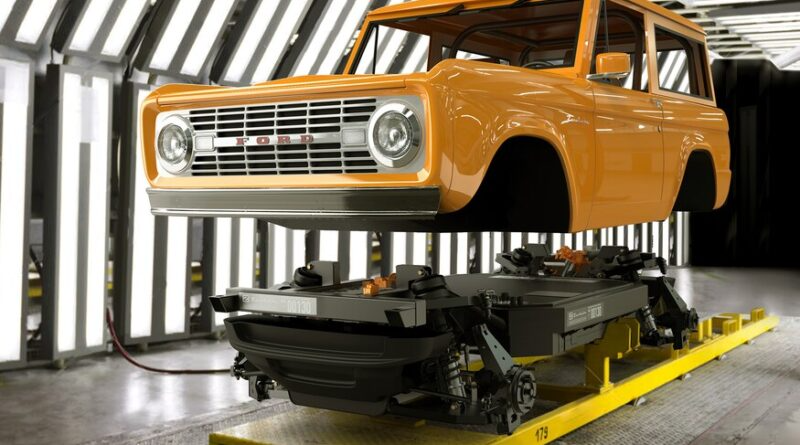
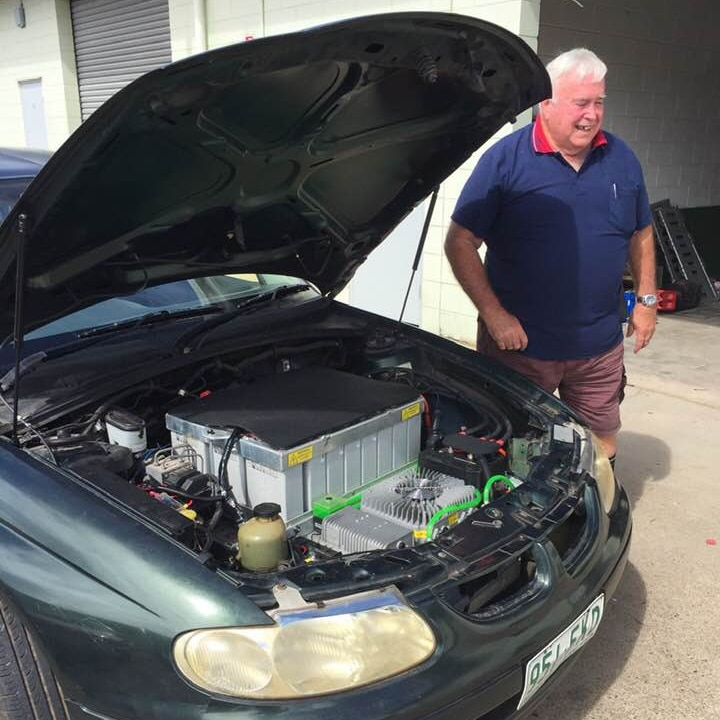
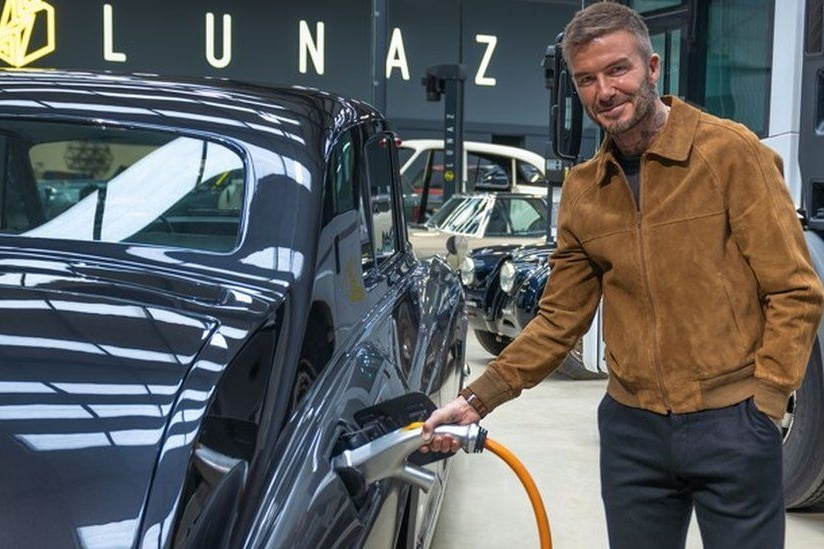
Market Impact Analysis
Value Retention Study
Based on 25 documented sales of converted Holdens in 2023:
- Professionally converted vehicles: 85-110% value retention
- Amateur conversions: 40-60% value reduction
- Original matching-numbers classics: Still commanding premium prices
Workshop Certification
Currently, only 12 workshops nationwide are fully certified for classic Holden EV conversions:
- 5 in Victoria
- 3 in New South Wales
- 2 in Queensland
- 1 in South Australia
- 1 in Western Australia
Future Market Projections
Industry experts anticipate:
- 300% increase in conversion demand by 2026
- Entry of major automotive companies into the conversion market
- Development of standardized conversion kits
- Potential government incentives for classic car electrification
Environmental Impact
Carbon Footprint Analysis
- Average conversion saves 4.5 tonnes of CO2 emissions annually
- Battery production initially adds 3-4 tonnes of CO2
- Carbon break-even point: approximately 12-18 months of regular use
Expert Recommendations
Best Candidates for Conversion
- HQ-WB Series Holdens (1971-1984)
- VB-VK Commodores (1978-1985)
- Later model VN-VS Commodores (1988-1997)
Models to Avoid
- Rare limited editions
- HDT or HSV modified vehicles
- Early model Holdens (pre-1970)
Conclusion
While EV conversion of classic Holdens represents a significant investment, it offers a unique blend of heritage and sustainability. The key to success lies in thorough planning, professional execution, and realistic expectations regarding both costs and performance outcomes.
This analysis is based on current market data as of March 2024, with input from certified conversion specialists, classic car experts, and automotive engineers across Australia.
See More
